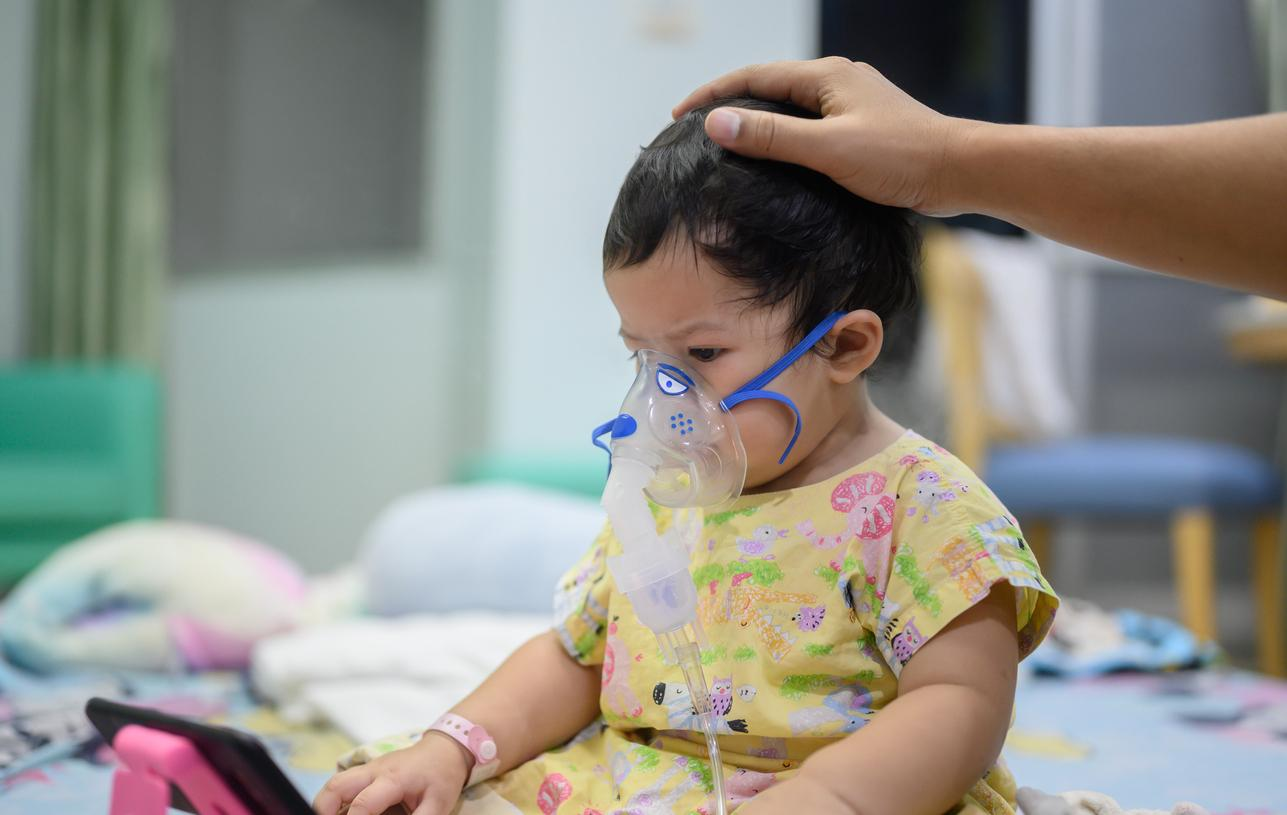New data from the UK Health Security Agency (HSA) show that the number of serious antibiotic-resistant infections last year in England surpassed pre–COVID-19-pandemic levels.
The English Surveillance of Antibiotic Prescribing and Utilisation Report (ESPAUR) shows there were an estimated 66,730 serious antibiotic-resistant infections in England in 2023, compared with 62,314 in 2019. The increase was largely due to an uptick in antibiotic-resistant Escherichia coli, which was responsible for an estimated 68% of drug-resistant bacteremia cases.
Resistance to multiple classes of antibiotics in cases of E coli bacteremia also increased compared with 2019, and resistance to most classes of antibiotics increased in Klebsiella pneumoniae as well. The rates of reported carbapenemase-producing organisms from all sample types more than doubled from 2021 (4.7 per 100,000) to 2023 (10.1 per 100,000).
Widening disparities
The ESPAUR data also reveal that people living in the most economically and socially deprived areas of England were 42.6% more likely to have an antibiotic-resistant infections than those living in the least deprived areas. That's up from 29.6% in 2019. Ethnic disparities were found as well, with the highest proportion of resistant infections reported in Asian or Asian-British ethnic groups (39.4%).
"Increasingly the first antibiotics that patients receive aren't effective at tackling their infections," HSA Chief Executive Professor Dame Jenny Harries said in a press release. "That's not just an inconvenience—it means they are at greater risk of developing a severe infection and sepsis. Our declining ability to treat and prevent infections is having an increasing impact, particularly on our poorest communities."
Antibiotic use in England also rose in 2023, increasing by 2.4% compared with 2022 and returning to 2019 levels after dropping during the COVID-19 pandemic. The UK AMR National Action Plan has set a target of reducing total antibiotic in people by 5% from the 2019 baseline.
Our declining ability to treat and prevent infections is having an increasing impact, particularly on our poorest communities.


















